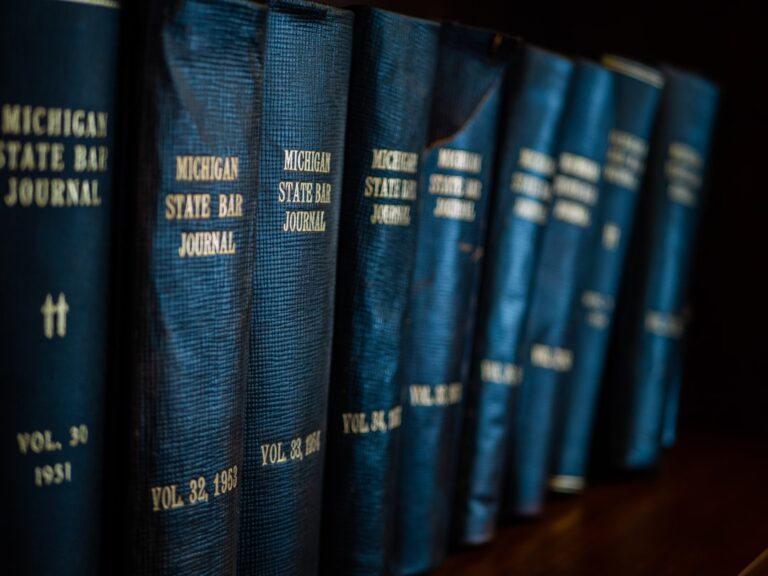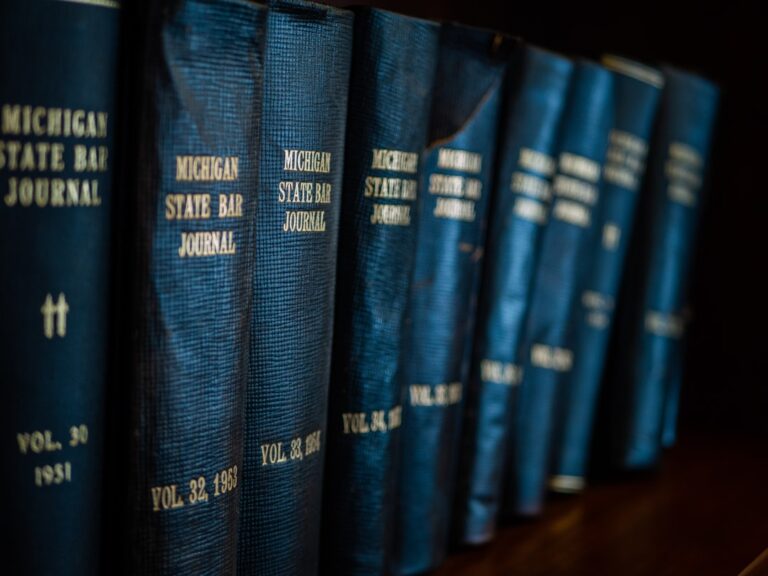DNA evidence has transformed rape cases in Kansas City, MO, providing crucial proof for attorneys to either exonerate the innocent or strengthen prosecutions. Meticulous collection and preservation procedures, governed by strict legal guidelines, ensure admissibility. This scientific approach revolutionizes trials, fast-tracking resolutions and reducing emotional burdens on survivors. Rape attorneys in Kansas City leverage DNA evidence strategically, both as a prosecution tool and for defense strategies, aiming for fair outcomes.
In the pursuit of justice, DNA evidence plays a pivotal role in sexual assault cases. This article delves into the intricate web of DNA’s significance, from its collection and preservation to admissibility and its impact on trials in Kansas City. We explore the legal defenses available against such compelling proof, offering insights crucial for rape attorneys in Kansas City, MO, navigating this complex landscape. Understanding DNA’s role is essential for ensuring fair trials and delivering justice.
The Significance of DNA in Sexual Assault Law

In the realm of sexual assault cases, DNA evidence has emerged as a powerful tool that significantly enhances justice and accuracy. This is particularly crucial in Missouri, where rape attorneys often rely on scientific advancements to secure convictions and protect victims’ rights. The introduction of DNA analysis has revolutionized how prosecutors build their cases, providing irrefutable proof to support allegations. With the ability to match genetic material found at the scene to the suspect or victim, DNA evidence can either exonerate the innocent or strengthen the prosecution’s argument, ensuring that perpetrators are brought to justice.
The impact of DNA in sexual assault law is profound, as it helps to counteract the challenges faced in these cases. The nature of sexual assaults often involves delicate and sensitive issues, making it vital to have robust scientific backing. Kansas City rape attorneys utilize DNA testing to confirm the presence or absence of an attacker’s genetic material on victims’ bodies, clothing, or other evidence collected at the crime scene. This scientific approach not only speeds up the legal process but also reduces the potential for human error and bias, making it a game-changer in securing convictions and providing closure for survivors.
Collection and Preservation of Evidence

In sexual assault cases, the collection and preservation of DNA evidence are paramount. This involves meticulous procedures to ensure the integrity of the samples, which can later be analyzed by forensic experts. Rapists leave behind genetic material that, if properly collected and preserved, can serve as concrete evidence in court. Rape attorneys in Kansas City, MO, understand this process is crucial for building strong cases.
Evidence collection begins with a thorough examination of the victim, focusing on areas where DNA could be present, such as sexual organs or clothing. Proper packaging and storage are essential to prevent contamination. In Kansas City, local law enforcement agencies adhere to strict protocols to maintain the admissibility of DNA evidence, which can significantly impact the outcome of these sensitive cases.
Admissibility: Rules and Challenges

In Kansas City, Missouri, the admissibility of DNA evidence in sexual assault cases is governed by strict legal guidelines. Rape attorneys in the city are well-versed in these rules, which ensure that such evidence is both relevant and reliable. The court admits DNA results when they meet certain criteria, primarily confirming that the sample was collected properly and stored under suitable conditions to maintain its integrity.
Challenges often arise from potential sources of contamination during collection or storage, as well as questions about the chain of custody. Rape attorneys may scrutinize these aspects to ensure the evidence’s admissibility. They also challenge the interpretation of results when there are low-level contaminations or partial matches, which can significantly impact the case outcome. Understanding these intricacies is crucial for both prosecutors and defense lawyers, especially in cases where DNA evidence could be a deciding factor.
Impact on Rape Trials in Kansas City

In Kansas City, the introduction of DNA evidence has significantly transformed rape trials. This powerful tool has enhanced the accuracy and reliability of identifying perpetrators, which was particularly impactful in cases where there was initially poor or no physical evidence. With the help of DNA analysis, rape attorneys in Kansas City, MO, can now present stronger, more convincing cases that lead to just outcomes.
The presence of DNA evidence also facilitates a faster resolution of cases, reducing the emotional and psychological burden on survivors. By providing concrete proof, it challenges the notion of victim blaming often associated with sexual assault cases, thereby fostering a safer environment for victims to come forward and seek justice.
Legal Defense Strategies Against DNA Evidence

In cases involving sexual assault, DNA evidence has been a powerful tool for prosecution and a double-edged sword for defense. While it can irrefutably link a suspect to the crime scene, experienced rape attorneys in Kansas City MO have developed several legal strategies to challenge its admissibility. One common approach is to question the chain of custody; any breach or potential contamination of the evidence may render it inadmissible. Additionally, experts can scrutinize the collection and handling procedures to identify procedural errors that could compromise the integrity of the DNA data.
Another defense strategy focuses on the statistical interpretation of DNA results. Given the complex nature of genetic analysis, attorneys may argue that the probability of a random match is too high, especially with older or less reliable testing methods. This challenges the notion of scientific certainty and raises doubts about the prosecution’s case. Thus, skilled rape attorneys in Kansas City MO employ these tactics to protect their clients’ rights and ensure fair trials in DNA-driven sexual assault cases.






